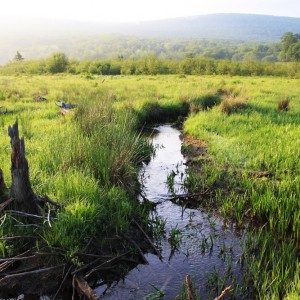The Stream, March 4: Deforestation Could Cut India Rainfall by 20 Percent
The Global Rundown |
Scientists linked widespread deforestation to potential drops in monsoon rains across Southeast Asia. California residents backpedaled on water conservation in January, while the state closed 12 oil injection wells this month to prevent groundwater pollution. Israel will increase yearly water supplies to Gaza, the world will meet this month to discuss disaster risk reduction, and the United States will release its study on fracking and drinking water later this spring. A new interactive map tracks environmental protests around the world.
“Folks look at their lawns, and they just can’t bear them being brown.”–Felicia Marcus, chairwoman of California’s State Water Resources Control Board, on the state’s dismal water conservation record for January. Residents cut water use just 8.8 percent compared to two years ago, while last December they cut usage by 22 percent. (San Jose Mercury News)
By The Numbers |
10 million cubic meters Yearly water supplies that Israel pledged to deliver to the Gaza Strip, double what it currently provides. Associated Press
42 million years Equivalent development progress lost due to disasters annually, according to a United Nations report. The world will meet in Japan this month to develop a new framework for disaster risk reduction. Reuters
12 injection wells Number California has asked oil and gas drillers to stop using due to groundwater pollution concerns. Bloomberg
Science, Studies, And Reports |
Massive deforestation in mid to high-latitudes would have significant effects on rainfall in other regions, including an 18 percent decline in monsoon rains over India, according to a new study published in the Proceedings of the National Academy of Sciences. Reuters
The new Atlas of Environmental Justice maps protests over environmental issues globally. The interactive map includes information on each protest and includes a category for water management. Guardian
On The Radar |
The U.S. Environmental Protection Agency is expected to release a draft this spring of its 5-year study on the links between fracking and drinking water pollution. The study, however, will likely fail to answer its primary questions due in large part to a lack of baseline data on water quality, experts say. Inside Climate News
A news correspondent for Circle of Blue based out of Hawaii. She writes The Stream, Circle of Blue’s daily digest of international water news trends. Her interests include food security, ecology and the Great Lakes.
Contact Codi Kozacek







Leave a Reply
Want to join the discussion?Feel free to contribute!